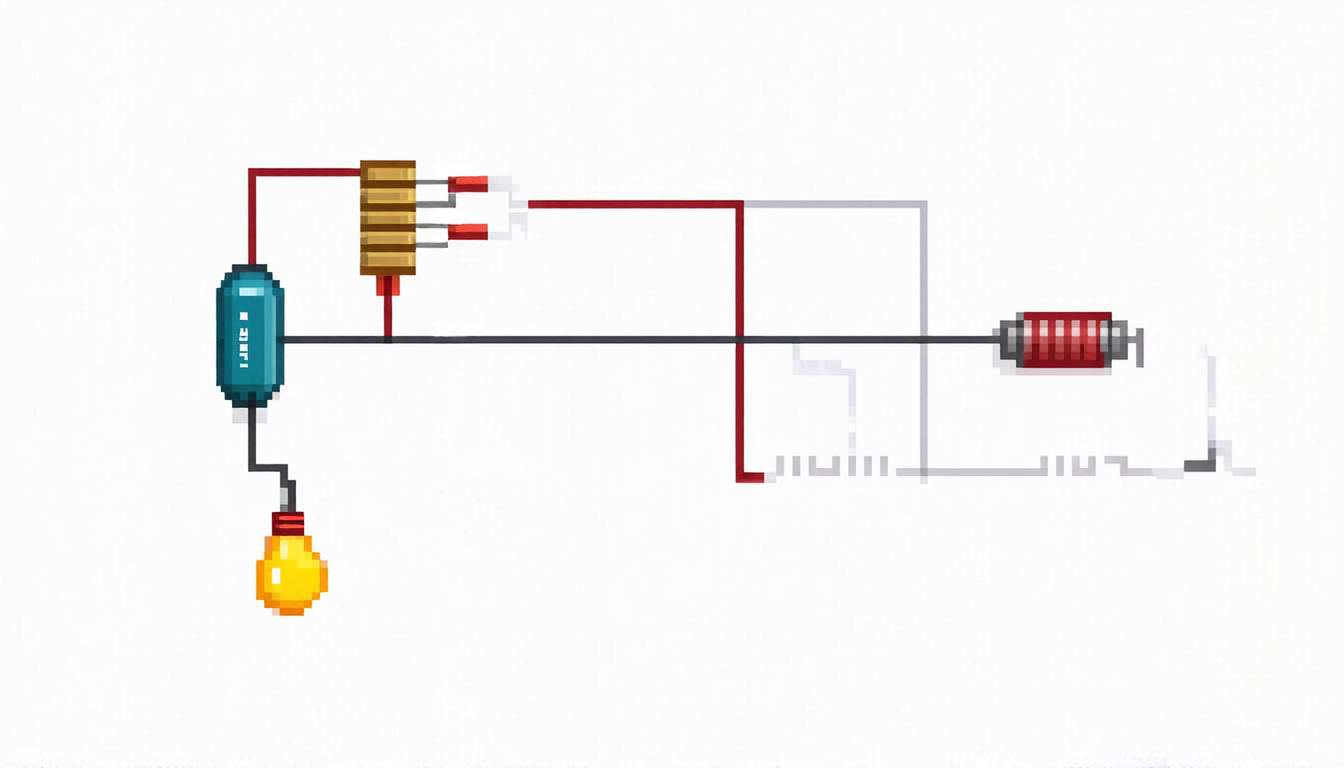Tuesday 15 July 2025
A team of researchers has developed a smart tutoring system that can help students learn and understand complex circuit analysis concepts more effectively. The system, which uses large language models, provides real-time homework support and feedback to students, allowing them to ask questions and receive personalized guidance throughout the learning process.
The system was tested in an undergraduate circuit analysis course at a large public research institution, where it was made available as an optional resource for students. Of the 53 students who used the system, 90.9% reported that the feedback they received was helpful. The researchers also analyzed data on which questions and topics were most frequently asked by students, providing insights into areas where students may need additional support.
One of the key features of the system is its ability to recognize and interpret circuit diagrams, allowing it to provide more accurate and relevant feedback to students. This is particularly important in a field like electrical engineering, where complex visual representations are often used to describe abstract concepts.
The researchers also implemented a range of measures to reduce the risk of the system providing inaccurate or misleading information to students. For example, they developed a structured database that can be retrieved to provide supporting documents for the large language models, and they worked to improve the models’ ability to recognize and interpret circuit diagrams.
The study highlights the potential of artificial intelligence in education, particularly in areas where complex concepts and visual representations are involved. By providing students with personalized support and feedback throughout the learning process, the system can help them build a deeper understanding of difficult topics and develop better problem-solving skills.
The researchers plan to continue improving the system, exploring its use in other engineering courses and developing new features such as practice problem recommendations. They also hope to study the long-term impact of the system on student learning outcomes and career success.
The development of this smart tutoring system is an important step forward in using artificial intelligence to improve education and support student learning. By providing personalized support and feedback, it can help students build a deeper understanding of complex concepts and develop better problem-solving skills. As technology continues to evolve, we can expect to see even more innovative applications of AI in education in the future.
Cite this article: “Smart Tutoring System Improves Circuit Analysis Learning”, The Science Archive, 2025.
Smart Tutoring System, Circuit Analysis, Large Language Models, Real-Time Homework Support, Feedback, Personalized Guidance, Undergraduate Course, Electrical Engineering, Artificial Intelligence, Education







